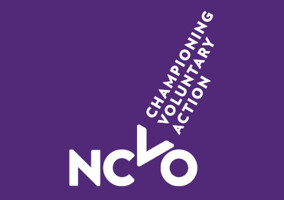The international development sector needs to adopt “fresh approaches” to tackling poverty in order to beat it, Christian Aid has said.
In the Christian Aid Poverty Report, the aid charity calls on the government, civil society organisations and businesses to rethink their approaches to international development in light of the impact of Covid-19, the climate crisis and conflict occurring in Ukraine.
Christian Aid’s interim CEO Patrick Watt said: “Eradicating poverty now requires fresh approaches that tackle inequality, strengthen people’s voice and decision making and treat poverty as multi-dimensional.”
UN special envoy for global education and former prime minister Gordon Brown endorsed the report. He said: “As a result of the pandemic, we have a health crisis, an economic crisis, and an education crisis, but we also have a poverty crisis, a social emergency which, if not addressed, will cost countless lost lives.
“We must challenge leaders to face the scandal of global poverty afresh, as set out in Christian Aid’s poverty report.”
Poverty is not just an economic condition
“The development sector can behave as if overcoming poverty only means eradicating extreme income poverty”, when in reality the issue is far more complex, the report says.
Poverty is typically seen as a purely economic issue, with organisations measuring it against extreme income poverty statistics. This often erases the lived experience of people in poverty, which is far more multi-dimensional, Christian Aid argues.
Living in poverty is also when a person’s basic material needs are not being met, and they are constantly under threat from climate change and conflict.
John Sentamu, chair of Christian Aid, said that “solving the problem of poverty can never be simply a matter of political or policy change”.
He added: “It is profoundly relational, and requires us to transform ourselves, as well as the structures around us, so that we can flourish.”
In this sense, it is important that development is not driven by those in power but by people with lived experience of poverty that are impacted by it.
Otherwise, impoverished people can become “the object of actions decided by remote and unaccountable actors,” the report reads.
Increasing localisation
Another way organisations can tackle poverty is by increasing localisation. Christian Aid found that only 14% of humanitarian funding currently goes to local aid organisations, though these are often the first to respond.
“Christian Aid is working with partners and international NGOs to ensure that localisation is not just about shifting power and resources to national and local civil society organisations, but is a step towards putting power and resources in the hands of communities affected by crisis,” the report reads.
The charity believes it is important for other civil society organisations to do the same, as international NGOs often have more limitations than more local establishments. This way, those affected by poverty can play a key and active role in their own recovery.
Related articles













